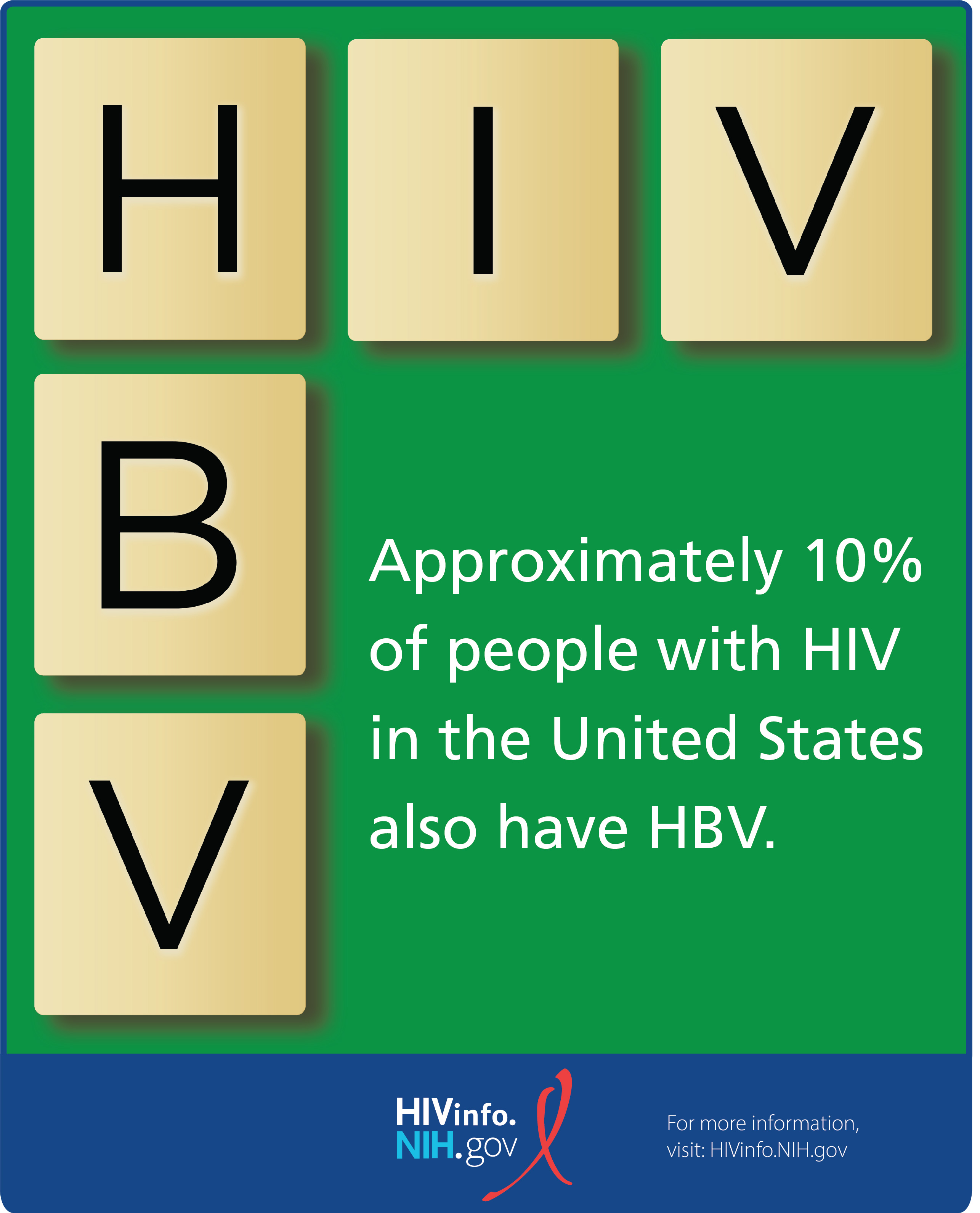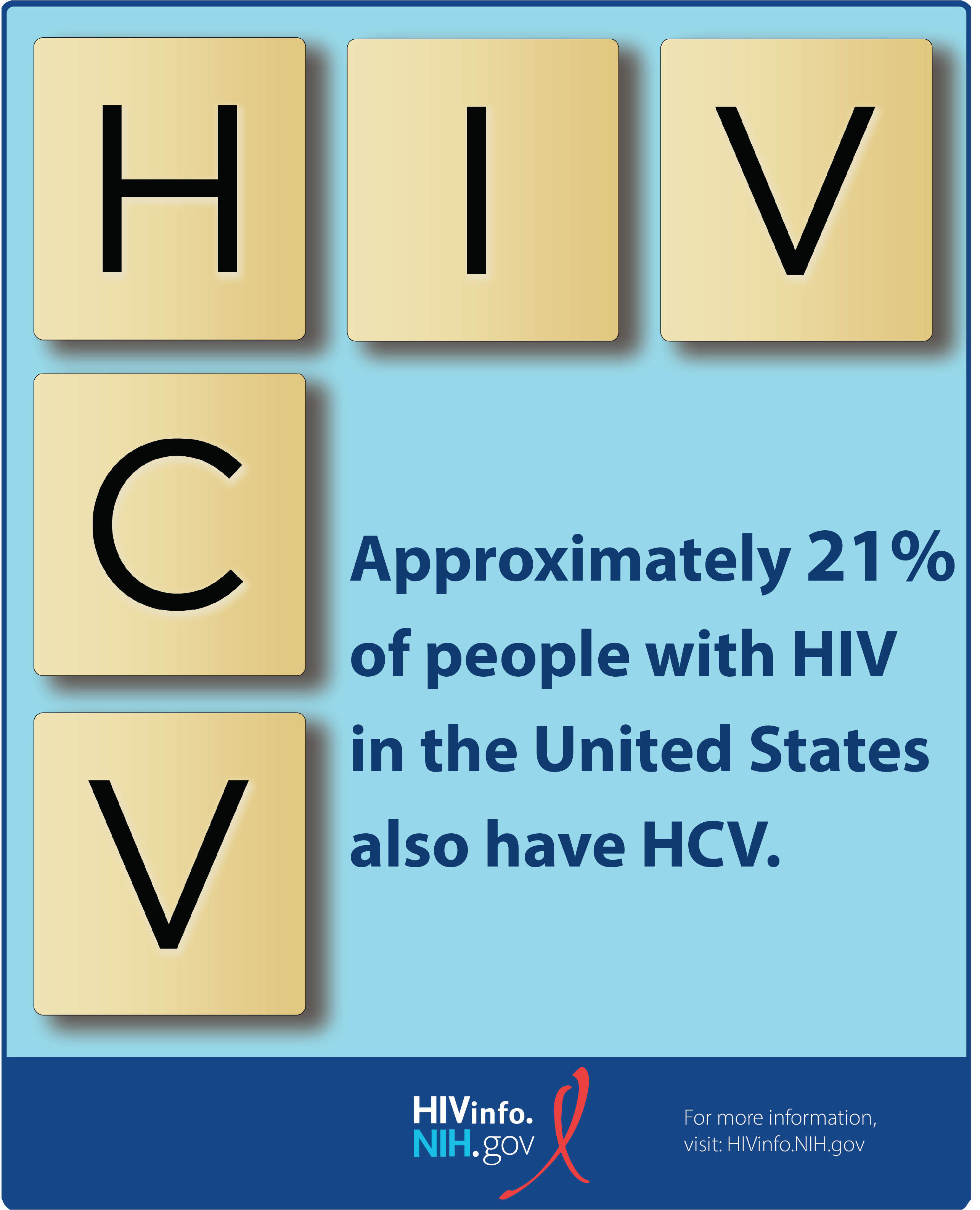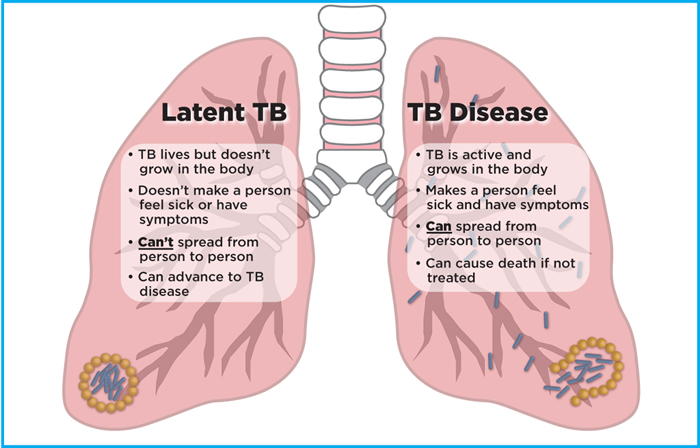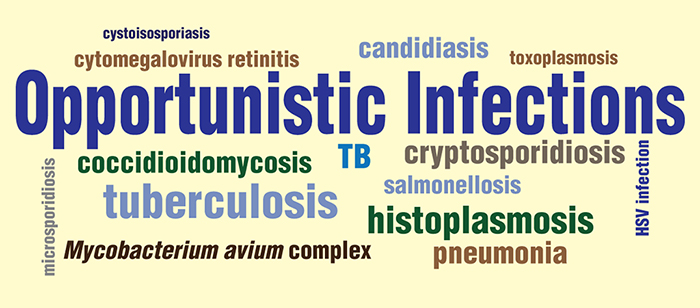Treatment for heart disease often includes lifestyle changes. For example, people with heart disease may change their eating habits, exercise more to lose weight, or quit smoking.
Aside from lifestyle changes, medicines and surgery are also used to treat heart disease.
Medicines
Medicines used to treat heart disease include drugs to lower blood pressure, reduce cholesterol levels, manage blood sugar, or prevent or relieve chest pain. For people with HIV, statin therapy is often recommended to reduce the risk of heart disease, especially in people 40 years and older.
Some of the medicines used to treat or prevent heart disease (including statins) may interact with HIV medicines. For example, multiple statins have known interactions with drugs found in the HIV medicines Genvoya and Stribild that shouldn’t be used or that may cause a need for dose adjustment.
Health care providers carefully consider potential drug-drug interactions between HIV medicines and any other medicines a person may be taking.
Surgery
Coronary artery bypass grafting (CABG) is the most common type of surgery to treat heart disease in adults. During CABG, a healthy artery or vein from the body is used to bypass (go around) the blocked part of a coronary artery.
Another common surgery called a coronary angioplasty uses a small balloon to open up the blood vessels that supply blood to the heart. In some cases, a spring-like device (stent) is placed in the blood vessel after the balloon is removed to help keep the blood vessel open to let blood flow smoothly.
Visit the National Heart, Lung, and Blood Institute’s Heart Surgery webpage to learn more about different types of heart surgery.



